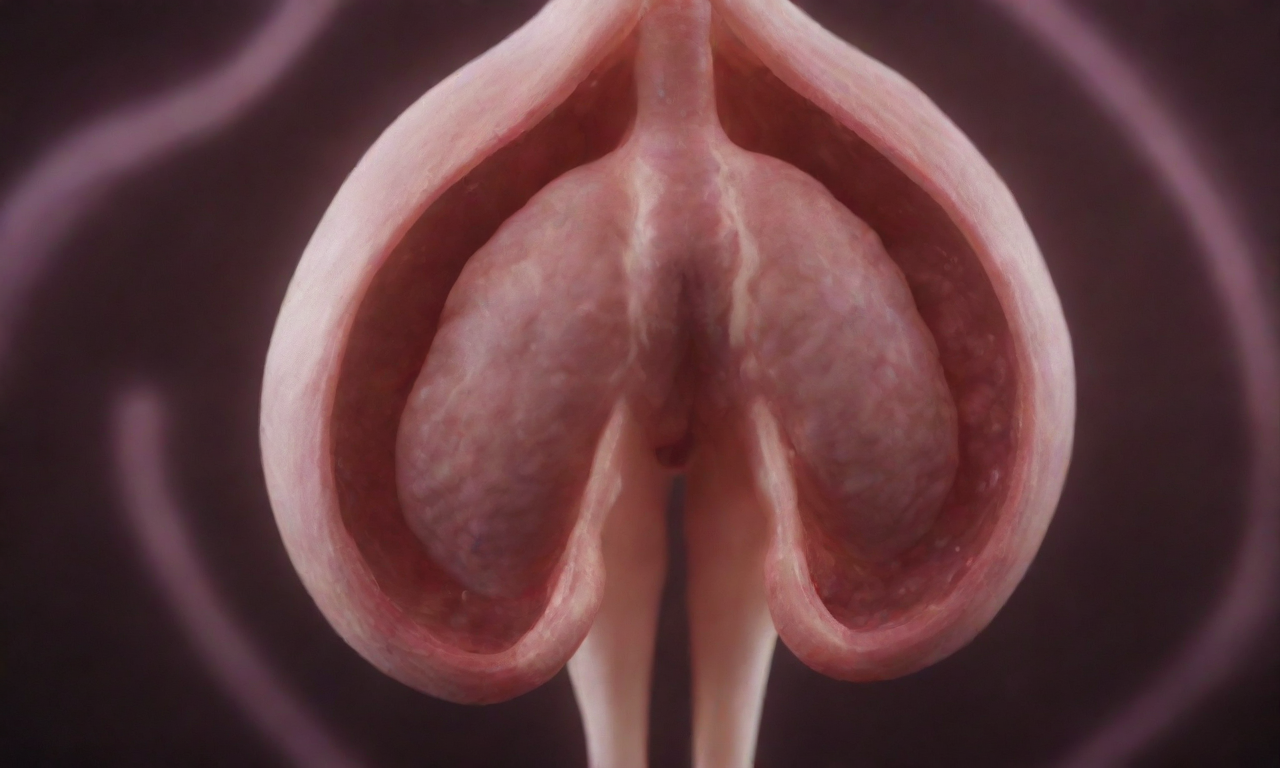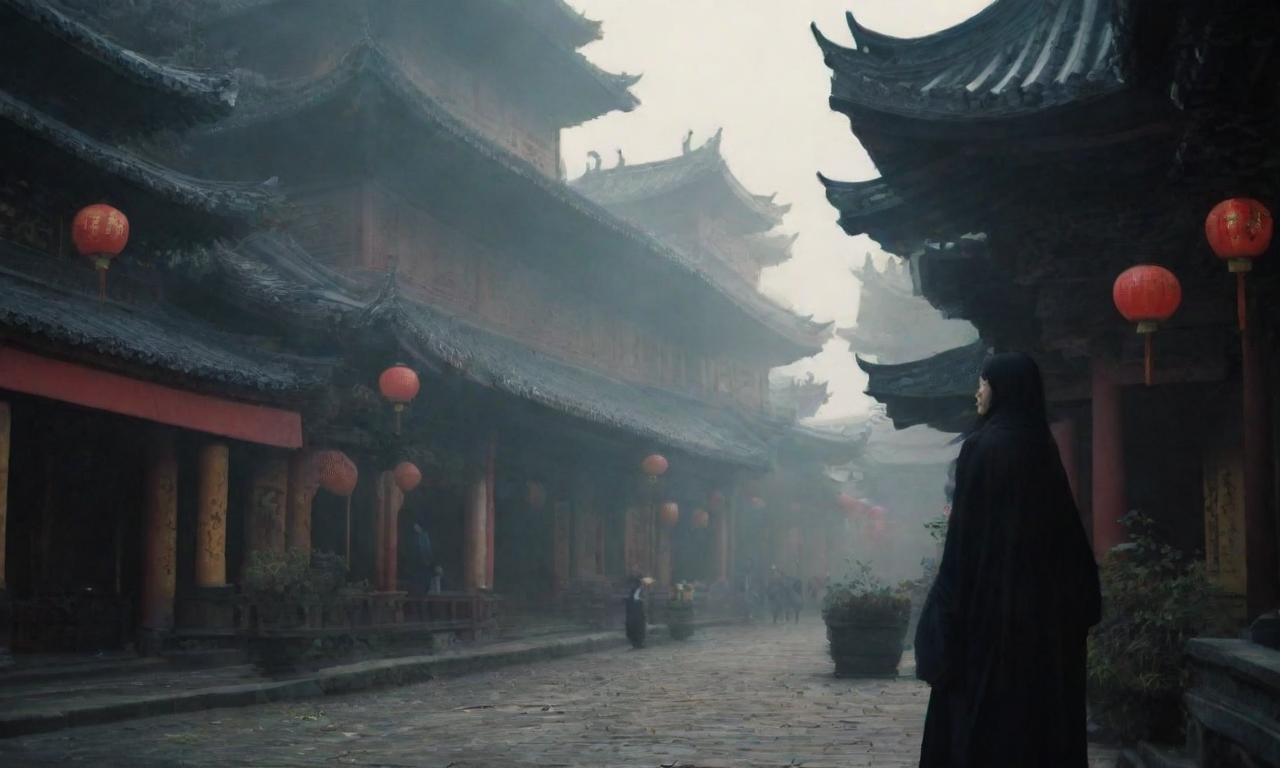By Zhang Qingdan, Reporter of China Science Daily
On a winter day in 2010, sunlight shone on an old yellowed and peeling wall of a traditional building in Haidian District, Beijing. 16-year-old Li Xingyu and more than ten other students were somewhat nervous because they were visiting a famous scientist who lived there.The door opened, and the kind and amiable Wang Shouguan stood to welcome them into the house. All the students crowded onto the only small sofa in the living room. That morning, the slow but agile Wang Shouguan had a friendly conversation with each student about scientific research and studies. Seeing the thirst for knowledge in the students, the 87-year-old Wang Shouguan smiled with satisfaction.That was the last time Li Xingyu went to visit Mr. Wang Shouguan.On January 28, 2021, Wang Shouguan, the founder of radio astronomy in China and an academician of the Chinese Academy of Sciences, passed away at the age of 98. Three years have passed, but this "scientific guiding star" still shines brightly. Many "new stars" who have made a name for themselves in the scientific community have emerged from the Beijing Youth Science and Technology Club that he founded.Wang Shouguan, as provided by the intervieweeBreaking down the barrier between scientists and high school students
In 1998, the 75-year-old Wang Shouguan was busy with phone calls, meetings, reading materials, and editing articles. "I remember that many people would come to our house on weekends, including teachers and high school students." At that time, Wang Ying, who was busy with work, had no idea what his father was doing.In fact, Wang Shouguan was doing something very meaningful. He wrote letters to dozens of academicians and experts, hoping to jointly call for the establishment of the Beijing Youth Science and Technology Club. This quickly gained support from 60 scientists, including Qian Xuesen. They jointly issued the "Initiative on the Establishment of the Capital Youth Science and Technology Club".In 1999, the Beijing Youth Science and Technology Club was established. As a "bridge between science and youth," the club mobilized and organized outstanding high school students interested in science to visit national key laboratories, experience scientific research practices during their free time and holidays, and participate in lectures by famous scientists and face-to-face exchanges with them."In one's lifetime, there is often a need for someone to lend a helping hand. I had a difficult road when I was young, but I was fortunate enough to enter the world of science because of a few 'big hands' I encountered." After decades, Wang Shouguan, who has become a "big hand," has the desire to hold "small hands" and create opportunities for children who aspire to scientific research.Twenty-five years ago, information was relatively closed off, and research resources were relatively scarce. The establishment of the Beijing Youth Science and Technology Club opened a new door for science education for young people in our country.With a longing for science, Li Xingyu began attending lectures by famous scientists when she was in high school. "The content of each lecture was like opening a mystery box, covering physics, astronomy, biology, aerospace, and plants... very interesting."One of the lectures left a deep impression on Li Xingyu. The lecturer was Kuang Tingyun, an academician of the Chinese Academy of Sciences and a researcher at the Institute of Botany, Chinese Academy of Sciences. "She was 75 years old, but every gesture and word she used was elegant and powerful. I greatly admire her academic attainments."With this female role model, Li Xingyu felt more determined to devote herself to scientific research. In 2011, she was admitted to Tsinghua University with excellent grades. In 2014, she participated in an exchange program at Georgetown University in the United States, laying the foundation for her scientific research."After working in the laboratory at Georgetown University for a while, I wanted to go further and sent an application email to a psychology professor at the University of Pennsylvania in the United States. I introduced my learning experience and expressed my determination to work 40 hours a week." Li Xingyu recalled to the China Science Daily. After receiving the invitation, she packed her bags and moved to Philadelphia by bus. She rented a small bedroom with only a mattress for two months.From being easily nervous and afraid to show herself to now being able to express herself confidently, Li Xingyu believes that this transformation is what the Beijing Youth Science and Technology Club has brought to her."Not just a token, but real action"
Wang Shouguan was fascinated by the stars when he was young. He could operate telescopes at the observatory from 8 pm until 4 am without feeling tired, even with day and night reversed.After more than 70 years of dedication and hard work, Wang Shouguan has made significant contributions to China's astronomy.






